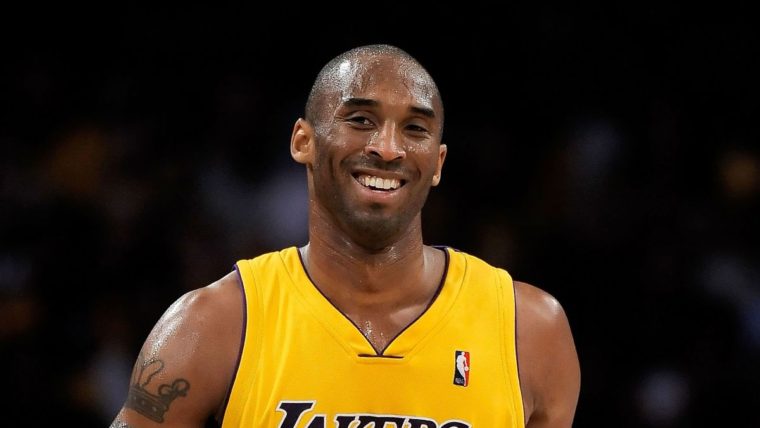What it takes some people 80 years to accomplish, Kobe Bryant achieved in forty-one. He exemplified the power of intention and focused attention.

“I didn’t feel good about myself if I wasn’t doing everything I could to be the best version of myself.” ~ Koby Bryant
He started playing basketball at three years. When he was six, his father retired from the NBA and moved their family to Italy to be able to continue playing at a lower level. While there, Koby began to play basketball on a serious level and his grandfather kept him supplied with videos of NBA games for him to study.
At the age of 13, his parents returned to the United States for good. Koby recalls his days of being an insecure little boy, with no friends. On top of that, he said,
“I couldn’t spell, so the teacher told my mother that I was probably dyslexic, it was like somebody took me and dropped me in a bucket … in a tub of ice-cold water, because it shocked me.”
His mother made sure he got the help he needed.
It was then that he decided to channel his anger from the challenges and frustrations of dyslexia into sports and went on to become one of the NBA’s all-time exceptional players.
He made a deal with himself to stay focused on his goal and not be distracted by anything. He resolved to work hard every day, so that he could retire with no regrets, when that time came.
Kobe had an excellent work ethic and pushed himself to live the best way he knew how. Because he was super-focused on his craft, the world became his library. He looked at everything with this question in his mind, “How can this help me to become a better basketballer?”
He believed in playing with structure… with discipline. He believed in self-competition… always asking himself, “Is this the best I can do?”
Another concept he held was that you can learn more from your failures than your successes. He said that, “True strength comes from your vulnerability.”
He would review previous games with one of his coaches, then while playing, he was able to slow the game down in his mind and position players for optimal results. (a dyslexic strength) When a weakness emerges, the answer is there if you look at it.
With all his successes, he took time to be kind to those who would never be able to reciprocate. Did you know that he made over 200 Make A Wish kids’ dreams come true?
Here are 10 of his rules for success, gleaned from his various speeches:
- If you want to be good at something, you have to make the sacrifices that come along with that decision.
- Once you’ve decided on a goal, work backwards and build one piece at a time…take one move at a time.
- Trust your skills…don’t be put off by the stress and pressure of life.
- Use your scars in life as a weapon to take you where you want to go.
- Focus on each day more that the final picture, so you don’t get frustrated with your apparent lack of progress…stick to your plan of how to get better.
- Don’t be afraid of confrontation…you’re not going to please everyone.
- Be competitive when it’s hard…when you’re down.
- Just keep going…through the bad moments as well as the good.
- Thrive over being an outsider…let the jeering of others motivate you to reach your goal.
- Compete with yourself…do whatever you can to get the edge…to get more of yourself, every day.
He had an insatiable desire to learn more.
Listen to his final motivational speech here.
Which rule would you choose to motivate a struggling child in your life?

I am not a big basketball fan, but I thought he was such a terrific person. So sad what happened to him. Thank you for using his example as a model for others.
Yes, Elisa, it’s always sad to lose a young person, especially when that person has matured into someone who is beneficial to children and youth. His youth mentoring work was just beginning.
Reading this made me sad about what happened in January. I don’t know if I knew that he was dyslexic. I feel like I should have known but I don’t remember…
He was a very driven and motivated person — that definitely should be something that others can use to push forward
You’re so right Dominique…his death made me sad.
Not much is said about him being dyslexic, except in the dyslexia community. However, being driven and having his exceptional sense of perception are key traits of dyslexics.
Well, I think what I would do is give the child exposure to lots of potential role models who had achieved phenomenal success despite the challenge of dyslexia. Listening to all those motivational messages would probably inspire him or her to choose the ones that fit best.
I quite agree, Jeanine. There is nothing more motivating than knowing about someone who overcame the same challenges a child is having. Hope is a powerful motivator.
Kobe Bryant is a man to be admired for all he has learned and done. His rules for success are something everyone could learn from.
So true, Martha. I admired his sense of purpose and focus. Along with his desire to train young people to be successful.